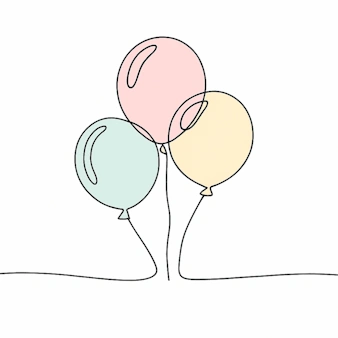Gratitude in Daily Inventories
The Science Behind: Gratitude Inventories
Impact of a Gratitude Inventory on mental health
A gratitude inventory is a small list with a big benefit: By taking note of who and what we appreciate, we reinforce these people and things in our memory and build a mental savings account of positive emotions in daily life. And there's plenty of evidence that places gratitude inventories firmly inside mainstream clinical practices rather than wellness folklore.
A review from the University of Colorado Boulder summarizes three repeat findings from gratitude-inventory studies: closer relationships, smoother mood regulation, and stronger resilience when life shifts.[1] Participants who kept daily lists recovered from setbacks more quickly than control groups that wrote neutral diaries. The difference suggests that simply taking note of good moments changes how our brains process stress.

In effect, keeping this kind of record acts as a shield against stress. The Centers for Disease Control and Prevention's toolkit for emotional health places gratitude notation alongside movement, fresh air, and laughter [2] as the simplest evidence-based ways we can improve our moods.
The Mayo Clinic Health System outlines links between expressed gratitude and deeper sleep, better immune response, and fewer pain complaints [3]. Researchers there highlight lower cortisol levels and steadier heart rhythms in people who track appreciation. Such outcomes show that the practice moves beyond psychology; it reaches biology. The Huntsman Mental Health Institute reports rises in dopamine, serotonin, and oxytocin when individuals dwell on thankful thoughts.[4] These neurotransmitters shape pleasure, calm, and social bonding. Repetition strengthens the neural circuits involved, making positive focus easier with time. Our gratitude inventories act like strength training for optimism!
Studies note that grateful people are generous people: when we're feeling grateful we share more freely and forgive more quickly. Keeping inventories reminds us of our interdependence, creating a feedback loop: recognizing kindness encourages more kindness. And surrounding ourselves with grateful people adds to the benefits: communities that normalize gratitude records often report broader networks of casual help and lower loneliness.
Over time, as we make more and more deposits in gratitude inventory patterns emerge—who receives thanks most often, which seasons brighten mood, how sleep length correlates with appreciation frequency. Researchers use the data for longitudinal insight. We use it for peace, perspective, and strength.
Additionally, articles aimed at medical workers describe gratitude listing as a buffer against burnout and moral distress. Oxytocin release links appreciation to cardiovascular health, and the habit aligns with cognitive-behavioral principles of reframing thought patterns.
Taken together, data from public health, psychology, and neuroscience all support the premise that keeping a gratitude inventory steadies our emotions, helps make our bodies healthier, and strengthens our relationships. The mechanism is simple: consistently acknowledging what is good in our lives. The result is cumulative: the more gratitude you express, the more benefits you'll feel. By intentionally looking for and acknowledging what there is to love in your life, you'll prove to yourself that gratitude inventories are a simple way to make big changes.
Click here to read a more personal take on gratitude.
Footnotes
[1]. University of Colorado Boulder. Mental Health Is… Gratitude. Health Promotion Blog, Nov. 3 2021.colorado.edu
[2]. Centers for Disease Control and Prevention. Tips to Improve Your Emotional Well-Being. How Right Now campaign, n.d.cdc.gov
[3]. Mayo Clinic Health System. Can Expressing Gratitude Improve Your Mental and Physical Health? Speaking of Health, n.d.mayoclinichealthsystem.org
[4] University of Utah Health, Huntsman Mental Health Institute. Practicing Gratitude for Better Health and Well-Being. Nov. 19 2021. https://healthcare.utah.edu